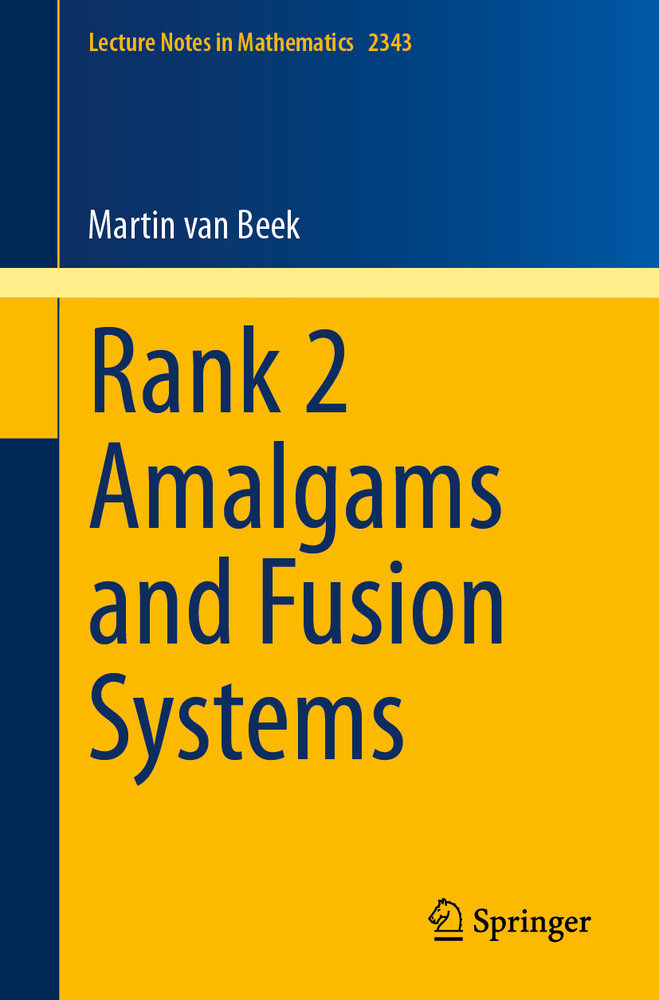This monograph provides a comprehensive treatment of the classification of small fusion systems, that is, fusion systems with few essential subgroups. It demonstrates a broad range of techniques from local group theory and fusion systems, several of which can be applied in more general settings. Addressing research problems that have not been treated in the past, it is the first text to explicitly use the amalgam method in this context.
Fusion systems offer an enticing way to unify various p-local methods employed in group theory, representation theory and homotopy theory; but as abstract constructions they are still somewhat mysterious. This book paves the way to a broad and systematic study of these categories by applying the amalgam method, thus modernizing a methodology widely used to understand the local structure of finite groups. With this comes an introduction to several vital techniques in local group theory, a generous survey of the structure and modular representation theory of some important families of finite groups, and a demonstration of the value of combinatorial methods in finite group theory and fusion systems.
Primarily aimed at researchers active in fusion systems and group amalgams, the book will also be of interest to anyone working with finite groups and their modular representations, group actions on trees, or classifying spaces. The inclusion of preliminary chapters outlining the theoretical prerequisites make it ideal for a short lecture course or as a reading group text for early career researchers and graduate students.



